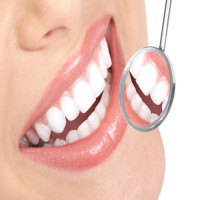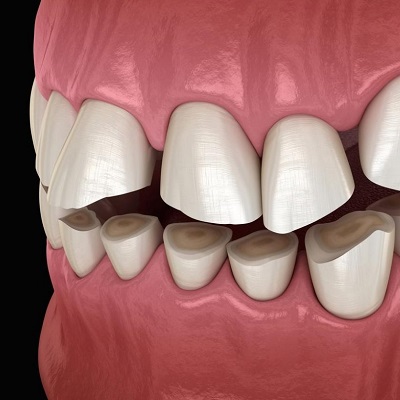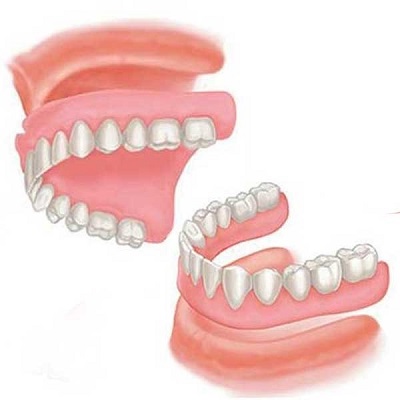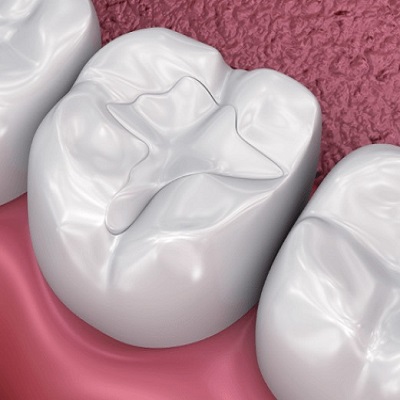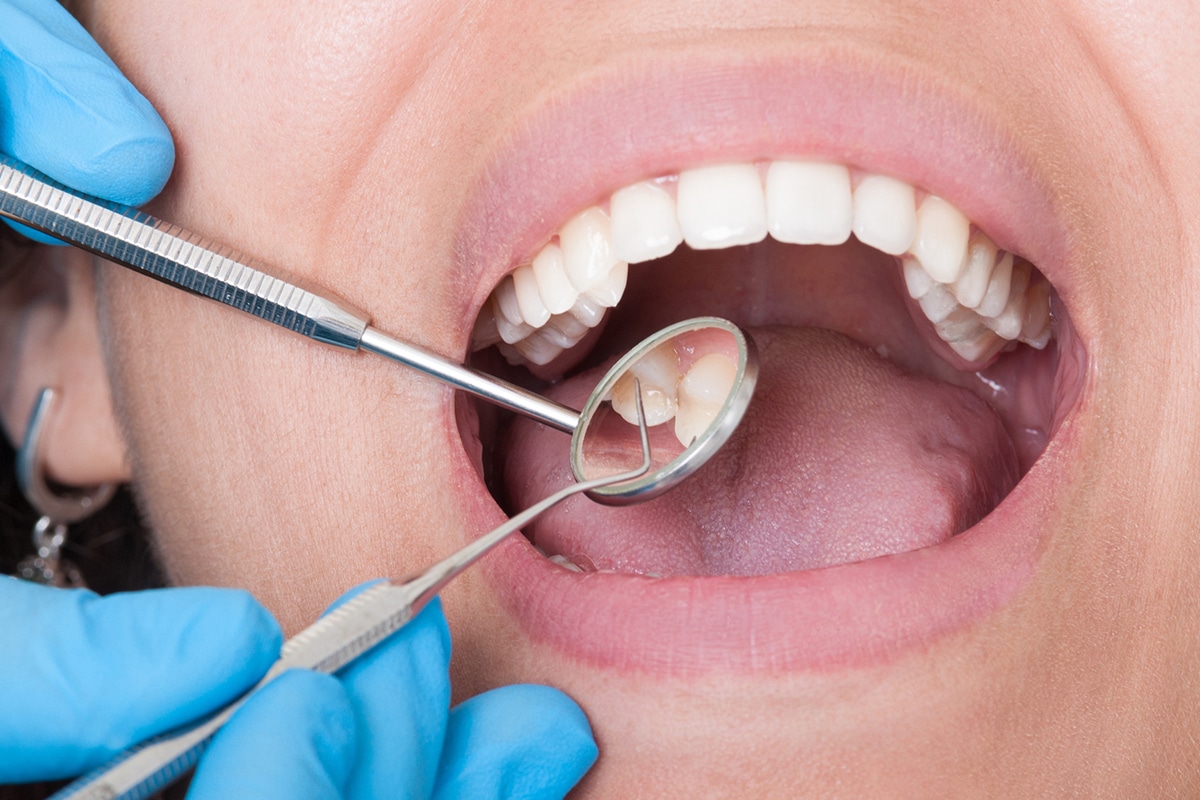The Impact of Dentures on Your Speech: Insights from Dubai Experts
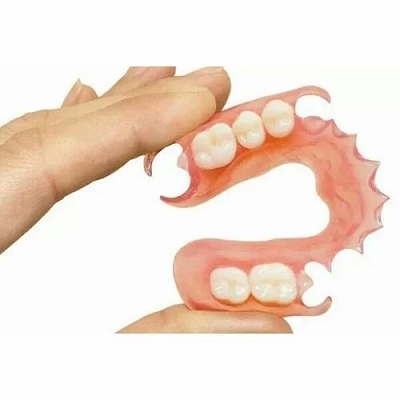
Strong 8k brings an ultra-HD IPTV experience to your living room and your pocket.
Teeth Dentures in Dubai are a common solution for replacing missing teeth, providing both functional and aesthetic benefits. While many people are aware of how dentures can restore their smile and help with chewing, fewer realize how they can impact speech. For those getting dentures in Dubai, it's essential to understand how these dental appliances affect communication and what adjustments might be necessary to speak comfortably.
How Dentures Affect Speech:
Speech involves a complex interplay between the tongue, teeth, and palate. When natural teeth are lost, the absence of these essential components can make it harder to articulate certain sounds. Dentures, especially when newly fitted, may cause speech difficulties as the muscles in the mouth adapt to the presence of the new prosthetic.
Some of the common speech issues associated with dentures include:
Pronunciation Difficulties:
People with new dentures often struggle with sounds that require the tongue to press against the teeth or roof of the mouth, such as “s,” “t,” “sh,” and “th.” The dentures may alter how the tongue interacts with the oral surfaces, resulting in slurring or a lisp.
Excess Saliva Production:
When you first wear dentures, the body may interpret them as a foreign object, causing an increase in saliva production. This extra saliva can affect speech, making it harder to form words clearly. Fortunately, this issue typically subsides as the body adjusts to the dentures.
Clicking Sounds:
Ill-fitting dentures can sometimes move around while speaking, causing a clicking sound. This can be distracting and embarrassing, but with proper adjustment and fitting, it can be avoided.
Difficulty with Faster Speech:
Individuals may find it harder to speak quickly when wearing dentures. The time it takes for the tongue to adjust to the new oral environment may slow down speech, especially when trying to pronounce complicated or longer words.
How Long Will It Take to Adjust?
The time it takes to adjust to speaking with dentures varies from person to person. Typically, patients can expect some speech difficulties for the first few weeks after getting their dentures. The good news is that most people adapt, and speech generally returns to normal with time and practice.
During the adjustment period, it’s essential to be patient and proactive. Dentists in Dubai often recommend the following strategies to help speed up the adjustment process:
Practice Speaking Out Loud:
The more you practice speaking, the quicker you’ll adjust. Reading aloud or speaking to friends and family can help train your mouth to work with the dentures. This practice will also make you more aware of which sounds are problematic, allowing you to focus on improving them.
Slow Down:
Speaking slowly can help you articulate words more clearly. Rushing through speech can make it harder for your tongue and mouth to adjust to the dentures. Taking your time with each word allows you to develop muscle memory for how to pronounce different sounds with your new teeth.
Use Denture Adhesives:
Sometimes, a denture adhesive can help keep dentures more securely in place, especially when speaking. A more stable fit can reduce slippage and help avoid embarrassing clicking sounds.
Consult Your Dentist:
If speech problems persist, it may be a sign that your dentures are not fitting correctly. Regular follow-ups with your dentist can ensure that your dentures are adjusted for comfort and proper function.
Long-Term Effects on Speech:
Once fully adjusted, most people find that their dentures have little to no effect on their speech. Modern dentures are designed to be as natural and functional as possible, and with advances in dental technology, they are now more comfortable and stable than ever before.
However, long-term denture wearers in Dubai should be aware of a few factors that may impact speech over time:
Bone Resorption:
Over time, the jawbone may shrink due to a lack of stimulation from natural teeth. This can cause dentures to fit less securely, leading to speech difficulties. Regular dental check-ups and adjustments can help mitigate this issue.
Denture Replacement:
Dentures typically need to be replaced every 5 to 7 years. As they wear down, they can become less effective at supporting speech. Getting timely replacements ensures that they remain functional.
Oral Health Maintenance:
Keeping the gums and mouth healthy is critical to ensuring dentures fit well and function properly. Regular cleanings and check-ups with a Dubai dental specialist will help maintain optimal oral health and prevent speech issues related to poor denture fit.
Tips for Maintaining Good Speech with Dentures:
Keep Dentures Clean:
Ensuring that your dentures are free of debris and properly cleaned can prevent discomfort that might affect speech. Follow your dentist’s instructions on how to clean and care for your dentures.
Wear Them Regularly:
The more often you wear your dentures, the faster you’ll get used to them. Constant use will also help prevent shrinking of the gums, ensuring a more stable fit.
Stay Hydrated:
Drinking water throughout the day can help with any excess saliva issues and prevent dryness, which can also affect speech.
Follow Up with Your Dentist:
Regular visits to your Dubai dentist will ensure that any fit issues are corrected early, preventing long-term speech problems.
Conclusion:
While dentures can initially affect speech, most people adapt quickly with practice and guidance. The key is patience, proper care, and regular visits to a dentist. With the right approach, you’ll find that dentures not only restore your smile and chewing ability but also allow you to speak with confidence.
Note: IndiBlogHub features both user-submitted and editorial content. We do not verify third-party contributions. Read our Disclaimer and Privacy Policyfor details.

